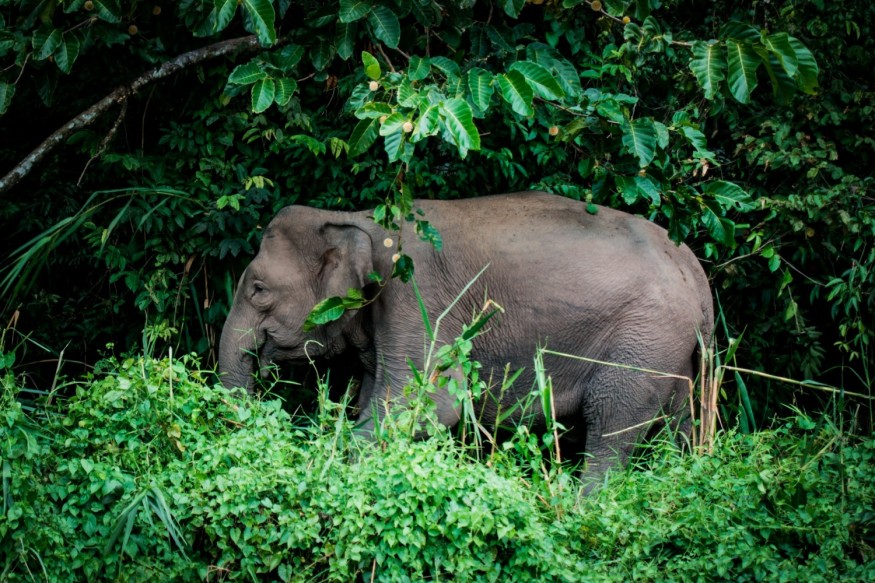Borneo elephants are now at risk of extinction and have been classified as an "endangered species" under the International Union for Conservation of Nature (IUCN) Red List of Threatened Species. According to conservation authorities, wild animals are struggling with constant population decline due to threats posed by human activities. These threats result in habitat loss and even death for the animals.
The Borneo elephant (Elephas maximus borneensis), also known as the Borneo pygmy elephant, is a subspecies of their mainland cousins called the Asian elephant (Elephas maximus). Over the decades, Borneo pygmy elephants have suffered due to the expansion of human settlements and other repercussions caused by urbanization. In recent years, various sources reported there were only less than 1,500 individuals left.
Amid the existential threat, elephant conservation efforts are underway to preserve and protect the said elephants, which are the smallest Asian elephant subspecies. Some of the conservation measures being employed are monitoring the giant mammals' movement and finding a safe place for them, according to the World Wildlife Fund (WWF). On the other hand, elephants in Africa have also experienced related threats.
Borneo Elephants Classified as Endangered

In its recent press release, the IUCN announced that it has classified Borneo elephants as an endangered species following an assessment of their continued declining population. This designation comes after the organization determined there are only approximately 1,000 Borneo pygmy elephants left in the wild. Their population has diminished over the past 75 years because of anthropogenic factors, as mentioned earlier.
For instance, human activities like excessive logging in the forest areas of Borneo initially contributed to the local elephants' habitat loss and survival rate, according to the IUCN. The island of Borneo falls under the jurisdiction of three Southeast Asian countries: Malaysia, Brunei, and Indonesia. In Malaysia, the island is both shared by the states of Sabah and Sarawak.
Human Activities Pose Threat of Extinction
The IUCN attributed human activities as the primary cause for the potential extinction or endangerment of Borneo elephants. This assertion has been confirmed by the International Fund for Animal Welfare (IFAW) which stated that human activities, including deforestation, constantly threaten the Borneo elephant populations, which heavily rely on plants as their main diet.
The decrease or potential disappearance of Borneo pygmy elephants can have dire repercussions for the local ecosystem. This is because the gentle giants are known to roam throughout the island's forests, where they disperse seeds via their dung, increasing plant growth and contributing to forest regeneration, the IFAW emphasized.
Following the declaration of the IUCN Red List of Threatened Species, elephant conservation efforts in the region have become necessary more than ever. According to the WWF, a conservation team in Malaysia with the help of the organization's Elephant Conservation Unit is present in Sabah, which was home to 1,500 Borneo elephants as of August 2020.
© 2025 NatureWorldNews.com All rights reserved. Do not reproduce without permission.





